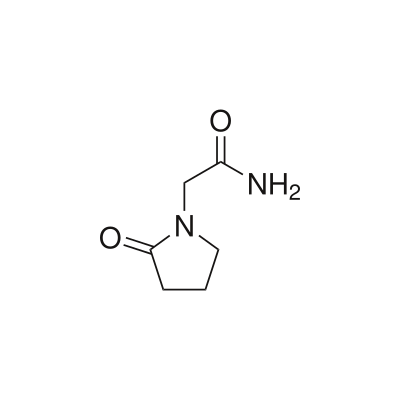Piracetam: A Cognitive Enhancer
Introduction
Piracetam is a nootropic drug that has been widely used as a cognitive enhancer. It is known for its ability to improve memory, attention, and learning. Piracetam was first discovered in the 1960s and has since been extensively studied for its effects on the brain.
Mechanism of Action
Piracetam works by increasing blood flow and oxygen utilization in the brain, which leads to improved cognitive function. It also enhances the activity of neurotransmitters such as acetylcholine, which plays a key role in memory and learning.
Benefits
Piracetam has been shown to have a number of benefits for cognitive function. It can improve memory, attention, and learning in both healthy individuals and those with cognitive impairments. It has also been shown to have neuroprotective properties and may help to prevent age-related cognitive decline.
Side Effects
Piracetam is generally well-tolerated and has few side effects. Some individuals may experience headaches, nausea, or gastrointestinal upset, but these are typically mild and resolve on their own.
Dosage and Administration
The recommended dosage of Piracetam varies depending on the individual and the intended use. It is typically taken in doses ranging from 800mg to 2400mg per day, divided into two or three doses.
Conclusion
Piracetam is a safe and effective cognitive enhancer that has been extensively studied for its effects on the brain. It has been shown to improve memory, attention, and learning, and may have neuroprotective properties as well. While it is generally well-tolerated, individuals should consult with a healthcare provider before beginning use.
